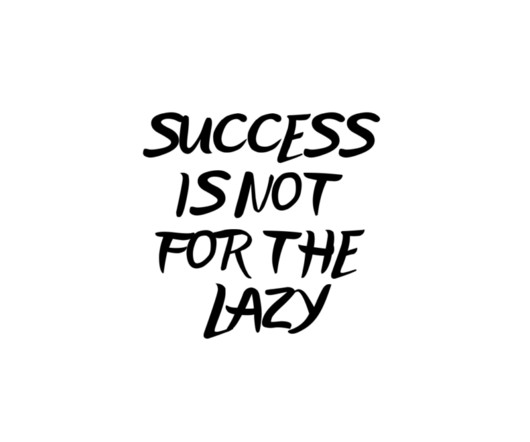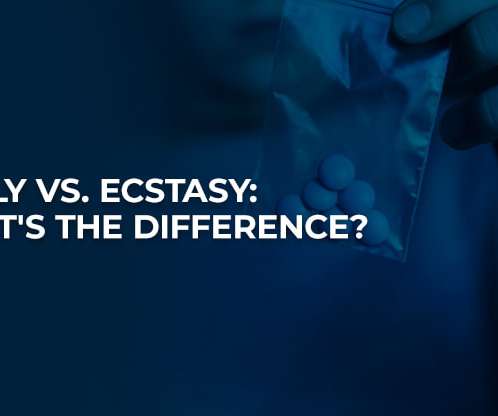What are the 10 Roles of Social Workers
Social Work Haven
SEPTEMBER 14, 2023
This is because they develop treatment plans to address mental illness and substance abuse problems, often holding supervisory roles and advocating for human rights within the criminal justice system. Flexibility in adapting treatment plans is essential, as goals are met, new issues emerge, or crises arise.














Let's personalize your content